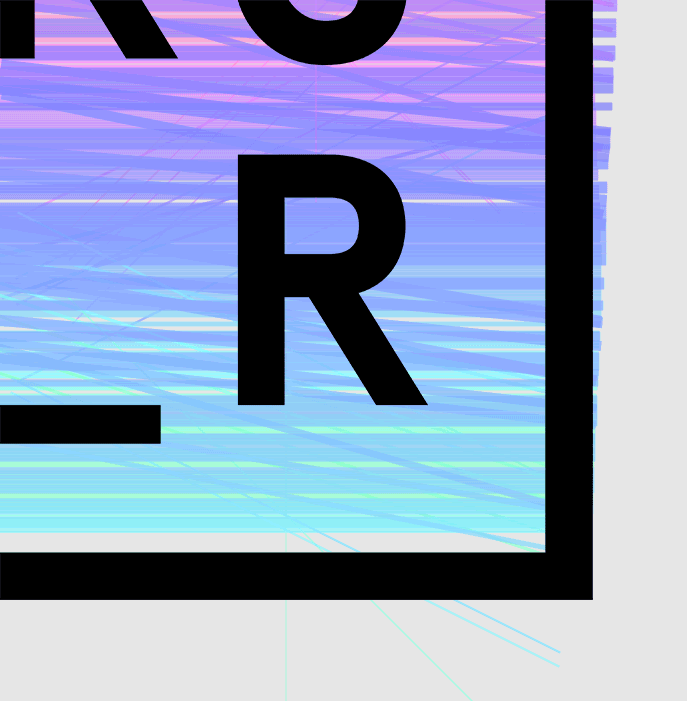Journal Editor & Issue Identity
2017—2018
Editors: Debbie Garcia, Erik Valle, Erika Viado, Priscila Villalpando, Hawke Gihm, Adrian Wong
Issue part of the Open Issues Symposium at Harvard GSD
The Underscore Journal is a student run publication at SCI-Arc.
2017—2018
Editors: Debbie Garcia, Erik Valle, Erika Viado, Priscila Villalpando, Hawke Gihm, Adrian Wong
Issue part of the Open Issues Symposium at Harvard GSD
The Underscore Journal is a student run publication at SCI-Arc.
Contradiction, juxtaposition, dichotomy – the terms for anointing stark contrast are ripe in our language, politics and creative disciplines. The past half year more than ever has merely impressed this fact that, as people, we tend to situate ourselves in the world through a series of clear binary comparisons. Globalization or nationalism, heteronormativity or queerness – these antitheses weave our identity between navigable waypoints in an otherwise clearly polychromatic world.
When we first chose “Binary” as Underscore’s upcoming topic, we stood well before the unimaginable precipice that we now understand, retrospectively, to be so clearly symptomatic of our dramatically amorphous political inclinations, self-identities and external dispositions. Global politics, in its recent bureaucratic dry heave towards the hard right, has come to reflect this understanding of existence an as oppositional framing between those within and beyond the normative boundaries of race, class, sexuality and religion. If there is anything already starkly observable in the history of our now, it is the incredible propensity for divisory logic that we seek when identifying ourselves.
 Logo and variations
Logo and variations

What this entails for architecture is an abundant discourse to be had. At once the most experientially immediate and monetarily permanent physical manifestation of societal values, the built environment is tasked with the supervision of an indirect concretization (both literally and figuratively) of the beliefs to which we adhere. To frame the decisions taken in the name of this understanding between correctness or falsification, truth and fabrication would itself be an act of binary distinction.
Rather, what might architecture observe if it opens itself to the less defined edges of its identities?
What new definitions might architecture encounter in relation to access, privilege, and authority?
What value, if any, does binary thinking hold in a Post-Post-Post-Postmodern age exceedingly awash in unsure truths and certain falsehoods?
What new definitions might architecture encounter in relation to access, privilege, and authority?
What value, if any, does binary thinking hold in a Post-Post-Post-Postmodern age exceedingly awash in unsure truths and certain falsehoods?